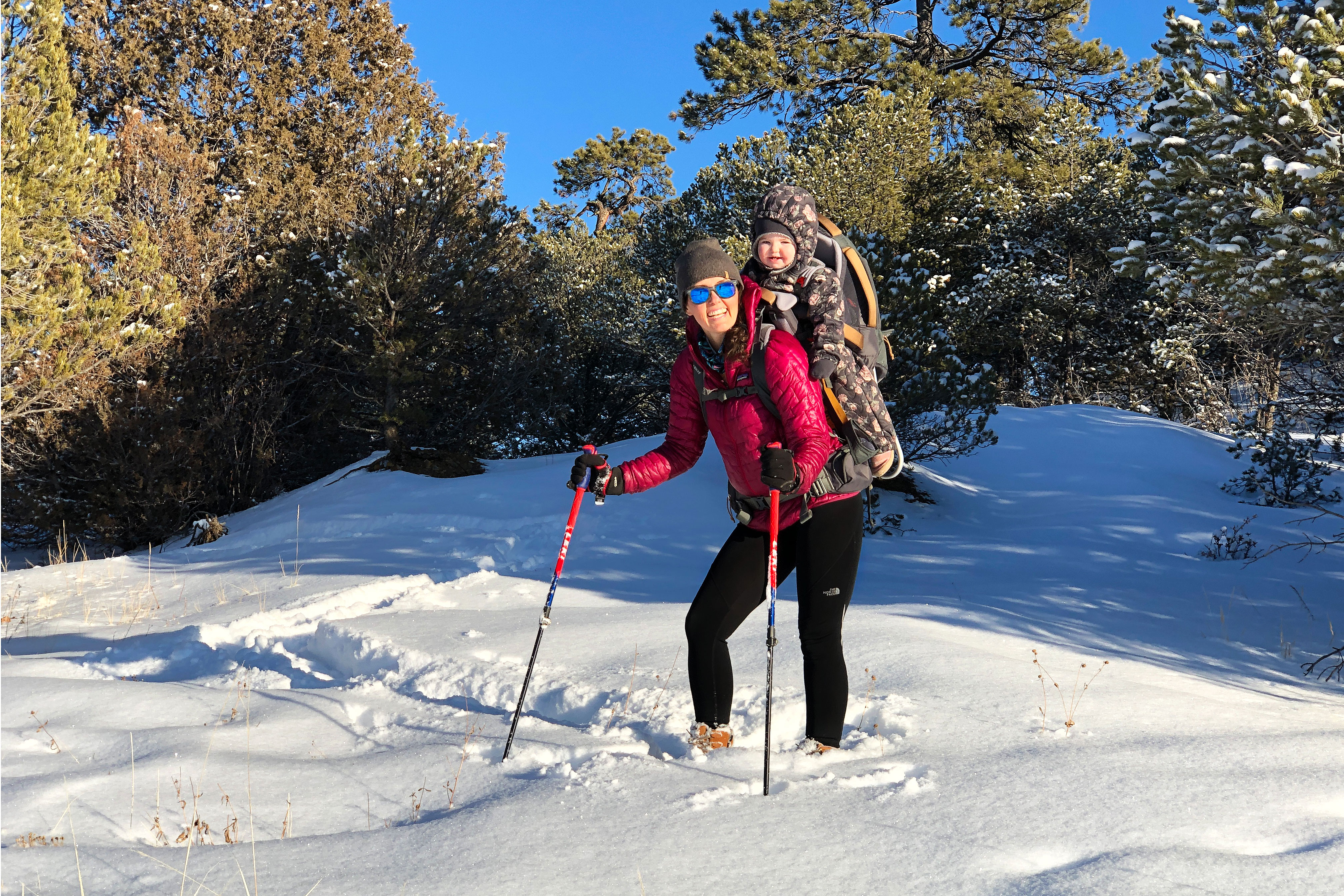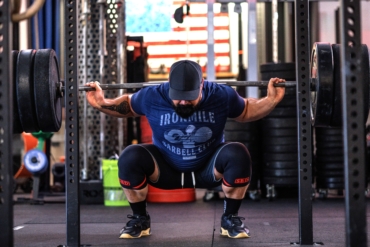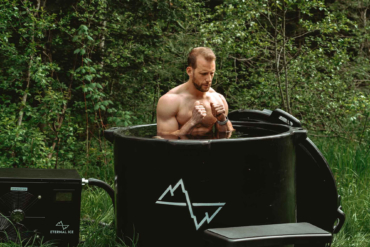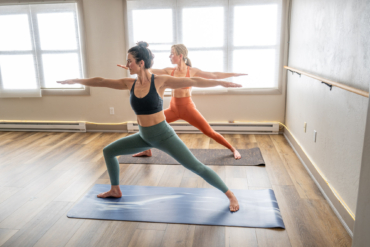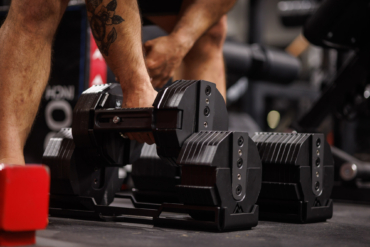From climbing mountains to running marathons, a job at GearJunkie requires a solid level of fitness. Our ‘How I Stay Fit’ series profiles editors and contributors on our staff for a peek at their fitness habits and idiosyncrasies working out and adventuring in the outdoors.
My fitness story is quite different than most. Fifteen months ago, I received a heart transplant. After three open-heart surgeries and a month in the hospital, I was weaker than ever, and outdoor adventures felt unreachable.
What I know now is that a transplant — the thing I had dreaded most in life — would, in time, allow me to pursue fitness again.

Let’s rewind a bit. I started at GearJunkie 5 years ago. I escaped the software world and was excited to be in the outdoor industry. Reading inspiring stories, meeting amazing people, and having co-workers with rad hobbies was enough to increase my desire to be fit so I could keep up.
But desire only got me so far. My heart functioned at 20% of normal, and I was limited to certain activities. All forms of intense cardio were out. Biking and running were very difficult.
And as my heart got worse, being at higher elevations, longer hikes, and even stairs became a burden. I was living the best life I could, but compared to my friends and co-workers — and everyone on Instagram — I felt like I was missing out.
Transplant and recovery was a long and bumpy trail, but more than a year since, I’m stoked and feeling well. Read on for a look at what I do now to train and stay fit and healthy.
Marketing Manager Jake Ferguson: Climbing, Fly Fishing, Hiking, and Paddling
Fitness motto: “Smile, you’re alive.” When I’m pushing through a difficult activity or training session, a smile reminds me that I choose to do this and to be thankful that I can move and sweat.
Personal stats: 5’4″, 128 pounds, 30 years old.
Favorite sports: Bouldering, fly fishing, standup paddleboarding, hiking, packrafting, and mountain biking.
Life highlights: I summited Devils Tower with the GearJunkie team. I’ve logged several miles of backpacking on the Superior Hiking Trail and in the Gros Ventre Wilderness. And I caught my first steelhead and pink salmon while fly fishing last year. I also mountain biked to the top of Miners Mountain in Cuyuna, Minnesota, a hill I previously had to drive to the top of because my heart couldn’t pump hard enough to get me to the top.
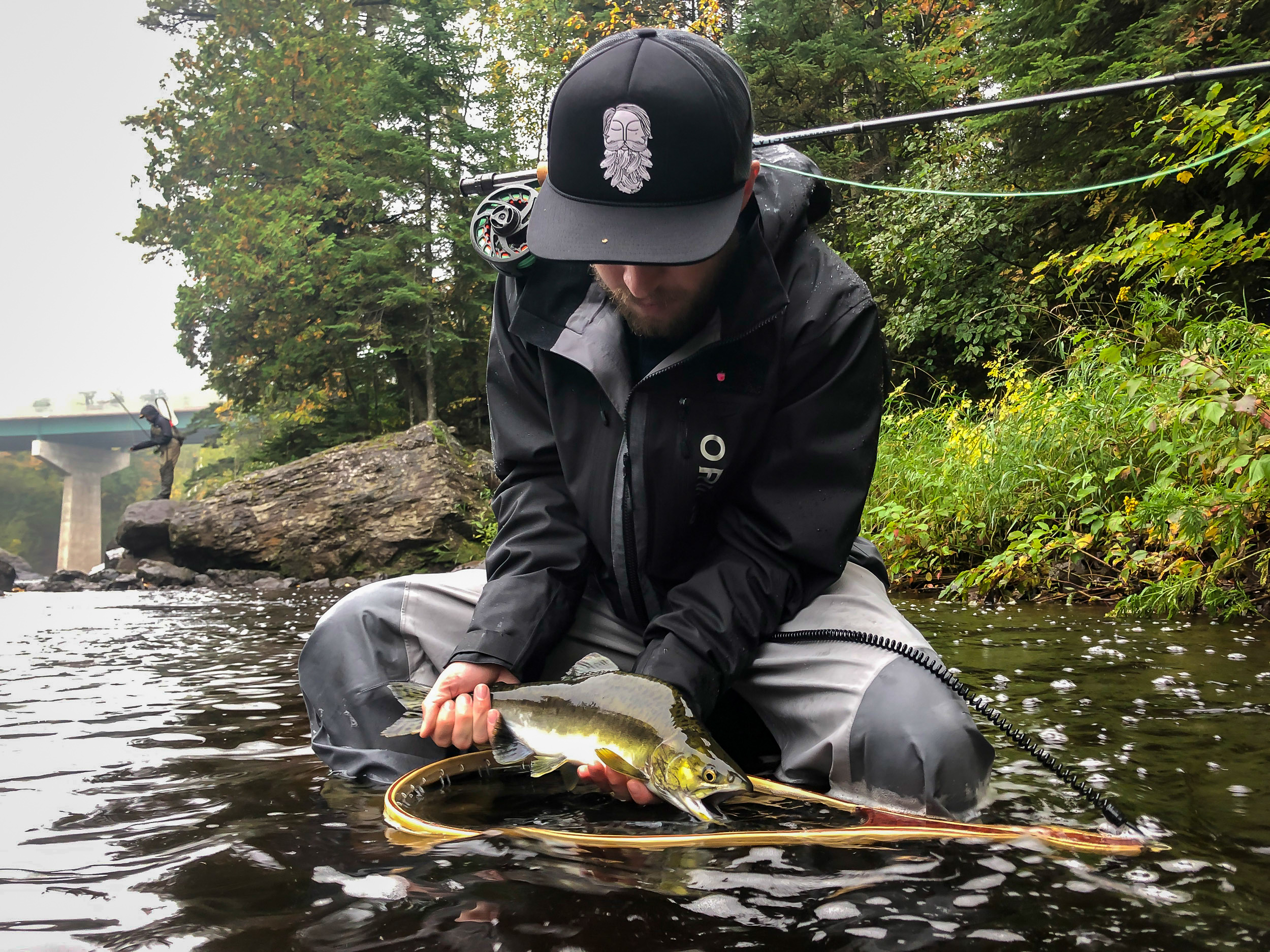
Weekly routine: Right now, I’m training to climb the Grand Teton and a few other peaks in the Gros Ventre Wilderness over the summer. Each week, I do 6 days of cardio, with weight training on 3 of those days.
Training is a new endeavor for me. Fifteen months ago, I was walking a few hundred feet a day in the hospital. Last night, I ran 5K, and it was pretty fun.
A good heart has led me to integrate cardio into most of the activities I do. For bouldering, I complete circuits and do 4-by-4s — climbing four problems four times with little to no rest — at Minneapolis Bouldering Project. For hiking, I try to do a longer hike with elevation gain if the week allows.
With winter in full force, I’ve been utilizing a NordicTrack x22i incline trainer for runs and incline hikes. It’s been invaluable when I’m pressed for time.
Just last week, my sister-in-law had a baby, and we wanted to spend time with family instead of heading to the gym or suiting up for an icy night run. Having the incline trainer at home allowed me to hop on the treadmill and climb 1,000 feet in a quick 30-minute session instead of skipping the day’s training.
On rest days, I do yoga, use a massage gun, and roll on lacrosse balls to stay limber and feeling fresh.
How I keep it fun: Rock climbing is my favorite activity, so I make sure to mix that into my weekly training. Beyond that, I find a lot of joy in exploring new places, so I seek out new trails or paddle a new lake when time allows.
I also find that working out with friends feels less like a chore, so I often invite people or tag along on activities. I went on a winter fat bike ride with my co-workers recently. It was the perfect way to get in some cardio for the day, and I learned about a new trail to ride again later.
Recent fail: Sport climbing last fall, I got worked on some routes I had recently sent. I tend to boulder more often than I rope climb, and I’ve let my endurance slip away.
I noticed almost immediately on the wall, my forearms got pumped, and I struggled to meet my expectations. That said, I still had a blast that day. But it was a good reminder to stay well-rounded or to reset my expectations based on training.
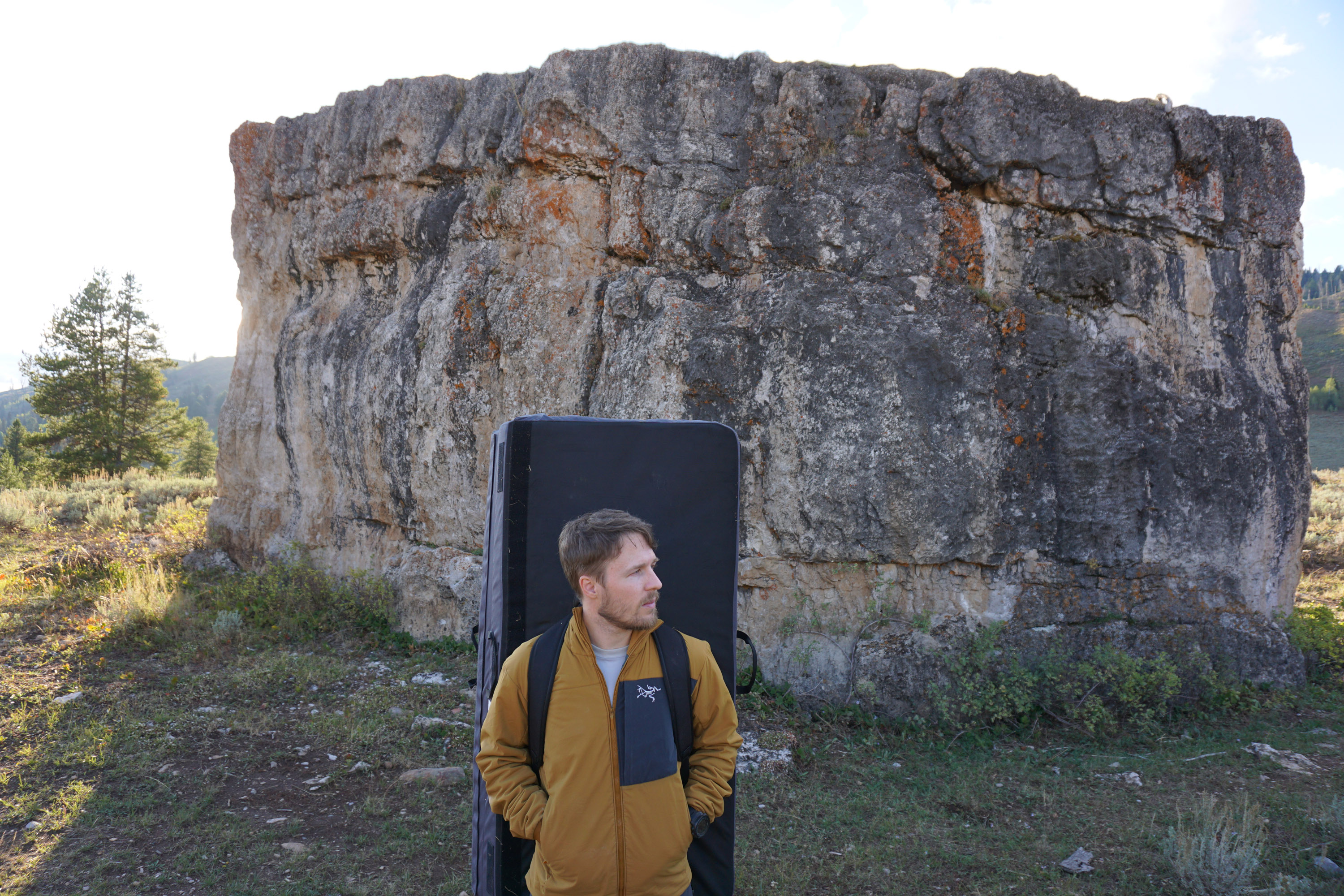
Training tip: Set a goal with a deadline. I’m not at the point where I live to train, and having a goal to work toward has helped keep me motivated.
Recovery tip: Someone once told me, “Don’t make your body wait for protein.” That has stuck with me, and I always drink protein powder mixed with water after a workout. My wife does the same, and we both can tell a huge difference in how we feel the next day.
One other key practice for me is to stretch my hips and neck for about 5 minutes before bed. This helps me sleep better and feel fresh the next day.
Training and life tip: Don’t forget to rest and give yourself a little grace when you need it. Life is busy, and training can make it even busier. If your body is telling you to take a day off, you should listen to it. If you push too hard and wear yourself down, you’re not going to have fun. Life is too short to live in self-induced misery.
Moreover, rest helps your body heal and that helps prevent injuries. It’s a major bummer to get hurt and watch your progress slip away to atrophy.
One more thing worth noting: Sometimes reading about huge accomplishments, like first ascents and FKTs, can be awe-inspiring. But sometimes it can feel defeating. It’s easy to feel like my 5-mile hike or flashing a 5.10c is lame in comparison.
In recent years, I’ve tried to stop comparing myself to others and instead push myself to be a better climber, paddler, fisherman, etc., because it brings me joy and it achieves my goals, not someone else’s. Above all, have fun and be proud that you’re out there getting after it.

